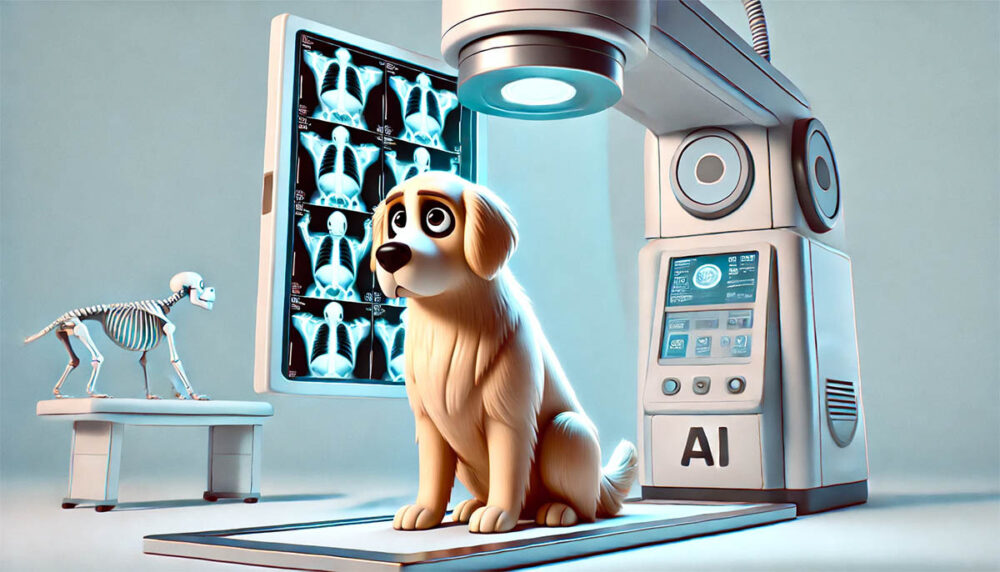AI Vet: When Machines Understand Your Pet Better Than You Do
In South Korea, artificial intelligence is rapidly being integrated into various fields, including veterinary medicine. Recently, a five-year-old golden poodle named Mozzi started limping slightly, which worried his owner, Mo Jae-hyun. When he took Mozzi to the vet, he learned that the diagnosis was performed by an AI-based program.
As a global leader in semiconductor production for generative AI, South Korea’s drive to adopt new technologies is no surprise. One such innovation is the “X Caliber” app, which allows veterinarians to quickly detect abnormalities in X-rays, greatly simplifying the diagnostic process.
The AI determined that Mozzi had a 22% risk of a dislocated kneecap. While the situation didn’t require immediate intervention, the dog’s condition needed close monitoring to prevent possible surgery. Mo Jae-hyun noted that thanks to AI, he was able to better understand his pet’s problem. “Of course, I trust my veterinarian, but seeing the results myself gives me much more confidence,” he emphasized.
The developer of “X Caliber,” South Korean telecommunications company SK Telecom, claims the program can detect diseases with up to 86% accuracy. Veterinarians confirm that AI has significantly improved their diagnostic capabilities. For example, measuring heart size for certain conditions used to require manual calculations, but now AI can do it in just 15 seconds.
SK Telecom sees “X Caliber” as the beginning of an AI era in healthcare and plans to expand its services to other areas. The program is already available in the United States, Australia, and several Southeast Asian countries.
In Indonesia, where there is a severe shortage of specialists, “X Caliber” helps compensate for the lack of trained personnel. Kristiana Oen, owner of a veterinary clinic in Jakarta, noted that the program has become an important diagnostic tool, especially given the country’s challenges with radiology education.
Responding to the growing demand for pet products and services, companies in South Korea are developing new ways to integrate AI into pet care. Plans include creating “smart litter boxes” for early disease detection and “smart leashes” that monitor a pet’s pulse and body temperature. Experts predict that animal health monitoring devices will only become more popular in the coming years.



